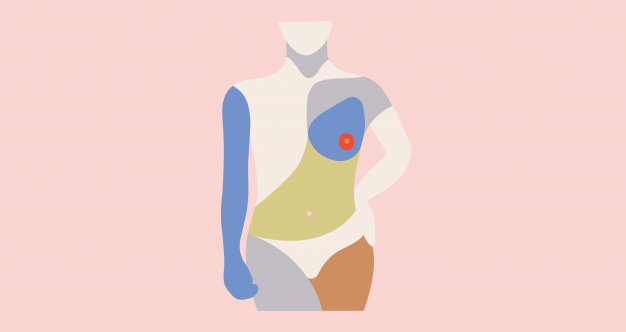The United States Food and Drug Administration has announced that it won’t be banning textured breast implants, which have been linked to a rare type of blood cancer.
In making its decision, the FDA said that it would take measures to collect and disseminate information about the possible risks. Furthermore, “textured” implants, a subgroup of silicone implants whose rough surface allows the reconstructed breast to maintain a desirable shape and position, are far more unusual in the U.S. than in some other countries. And cancer cases that may be linked to these implants are infinitesimal in number.
Read More"We hope that this information prompts providers and patients to have important, informed conversations about breast implants and the risk of BIA-ALCL," Dr. Ashar said.
Indeed, implant-linked ALCL is rare ALCL is a rare type of non-Hodgkin lymphoma; it's a subtype of T cell lymphoma. It is a rare disease, making up only 1% of all non-Hodgkin lymphomas and 16% of all T cell lymphomas.
Other countries where the textured implants are more popular have already banned them. France was the first country to ban textured implants in early April, after the safety of the implants came into question internationally. Canada followed suit with its own ban shortly thereafter.
For some doctors, the risks of textured implants seem greater than the rewards. "I find it very hard to find a compelling reason to use textured implants," Dr. Alyssa Golas, plastic surgeon at NYU Langone Health told SurvivorNet.
But it's also important not to worry too much if you've had textured breast implants, according to Dr. Golas. "ALCL is a very rare type of cancer, that's been found to be associated with a specific kind of implants, meaning textured. So as long as you stay away from those, there is very little reason to worry," she says.
And even with textured implants, your risk of developing cancer is still fairly low. "There is a 1 in 1,000 to 1 in 10,000 risk with textured implants that you could get cancer, and as long as people are aware of that they are still okay. But patients have to be okay with it, and if they aren't okay with it, you have to do something else."
Learn more about SurvivorNet's rigorous medical review process.


